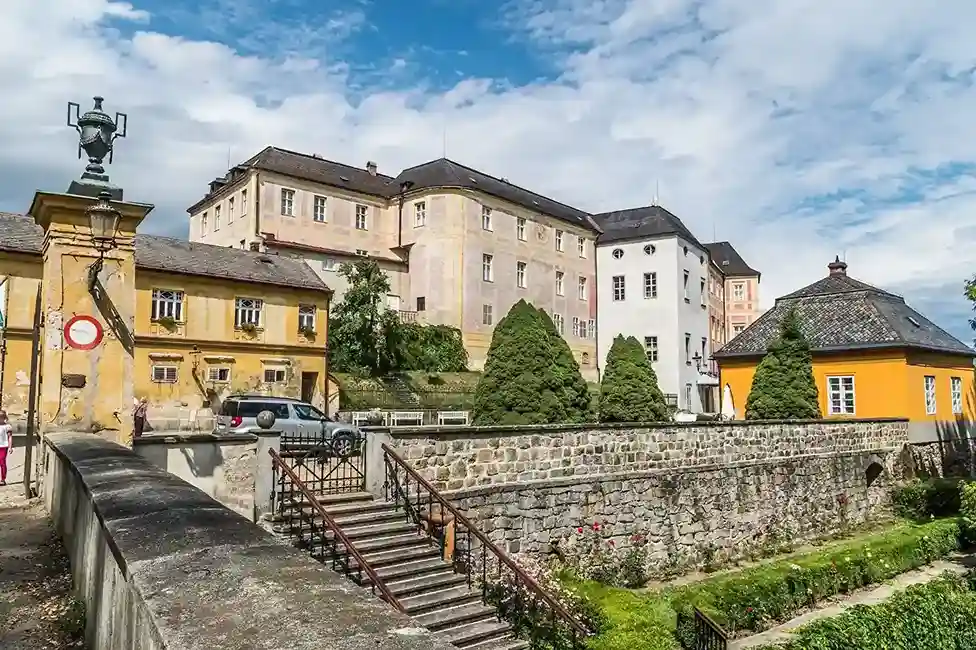Bulgaria - Best Choice for Strong Academic Foundations!
About Bulgaria
With its blend of historical charm, quality education, and affordable lifestyle, Bulgaria is steadily becoming a top choice for international students. Bulgarian universities are known for their strong academic foundations, particularly in fields like medicine, engineering, IT, and business. Many institutions offer English-taught programs and EU-recognized degrees, ensuring global career opportunities. Bulgaria’s low cost of living, diverse student population, and vibrant cultural life make it an ideal study destination in Eastern Europe.
Why Study in Bulgaria?
Bulgaria’s education system combines academic rigor with practical learning, preparing students for international careers. Universities are equipped with modern facilities and laboratories, especially in medical and technical disciplines. The country provides a safe, student-friendly environment, and the multicultural setting helps students build global networks. Bulgaria also offers affordable tuition fees and living costs, making high-quality education accessible to students from around the world. Its location in Southeast Europe allows easy travel across the continent, further enriching the study experience.
- Affordable and EU-recognized degrees
- English-taught programs, especially in medicine and engineering
- Low cost of living (€300–€600/month)
- Safe and welcoming environment
- Centrally located in Europe—great for travel and cultural exchange
- Rich heritage, vibrant traditions, and scenic landscapes

